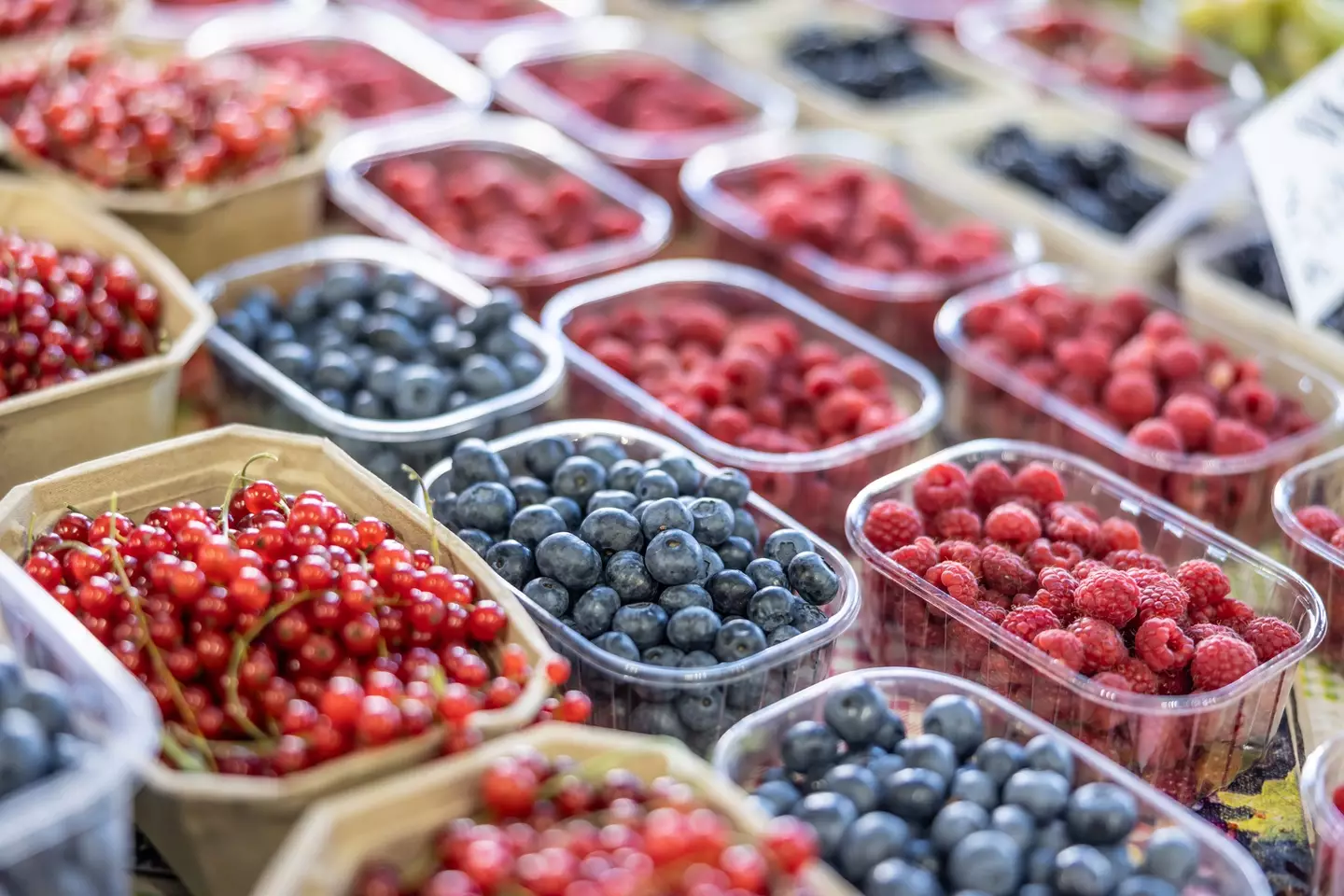
Many of us associate diet with waistlines before health, but what you eat has a profound impact on your overall health that can’t be overstated.
Along with boosting immunity, protecting against chronic illness, and giving you the oomph you need for your physical pursuits, your diet can make a big difference to your head.
A healthy diet can help to manage anxiety and stress, along with having protective or remedial effects on depression, and it can help your grey matter to perform at its best.
For that reason, if you’re struggling with things like brain fog, generally feeling out of sorts, or otherwise not quite meeting your cognitive potential, tweaking your diet could hold the answers.
Advert
So, which foods should you prioritise if you’re looking to optimise your brain health? Faye James, a nutritionist and dietary author laid out five foods to focus on in an article for Hello!.
Let’s get into it.

1. Fatty fish
Fish such as salmon, sardines, herring and mackerel are packed with omega-3 fatty acids. Studies have shown these essential oils decrease beta amyloid, the compound that builds up plaques in Alzheimer’s sufferers’ brains.
"Aim to eat at least three servings of fish per week," James said.
"If you are not keen on fish then you can sub for flaxseeds or avocados or an omega-3 supplement."
2. Walnuts
Nut allergy sufferers will have to miss out on this one, but walnuts have been shown to improve people’s cognitive test results via their alpha-linolenic acid (ALA) and omega-3 content. These compounds have also been shown to lower blood pressure, protecting the heart and blood vessels.

3. Leafy greens
The likes of broccoli, kale and spinach are great for your health in a general sense, but they may be particularly useful for your brain. They’re full of lutein, folate, beta-carotene and vitamin K, all of which have been shown to impede cognitive decline.
"I cannot stress enough the importance of leafy greens in our diets," the expert explained.
4. Berries
Did you know cucumbers are berries? Anyway, generally speaking, berries are packed with antioxidants which help to clear cancer-instigating free radicals in the body, but they’re also full of flavonoids which have been linked with improved memory.

5. Tea
Caffeinated teas are worth adding to your diet, with caffeine itself being linked with improved mood, alertness and memory. Coffee is great for our health too, but if you’re concerned about high caffeine content impeding your sleep then tea’s lower caffeine content is a good option.
James said: "As a nutritionist I recommend not to drink coffee past 2pm as it can impact your sleep. If you suffer from anxiety, limit your cups of coffee to no more than two per day as the caffeine levels can cause heart palpitations in some people."
